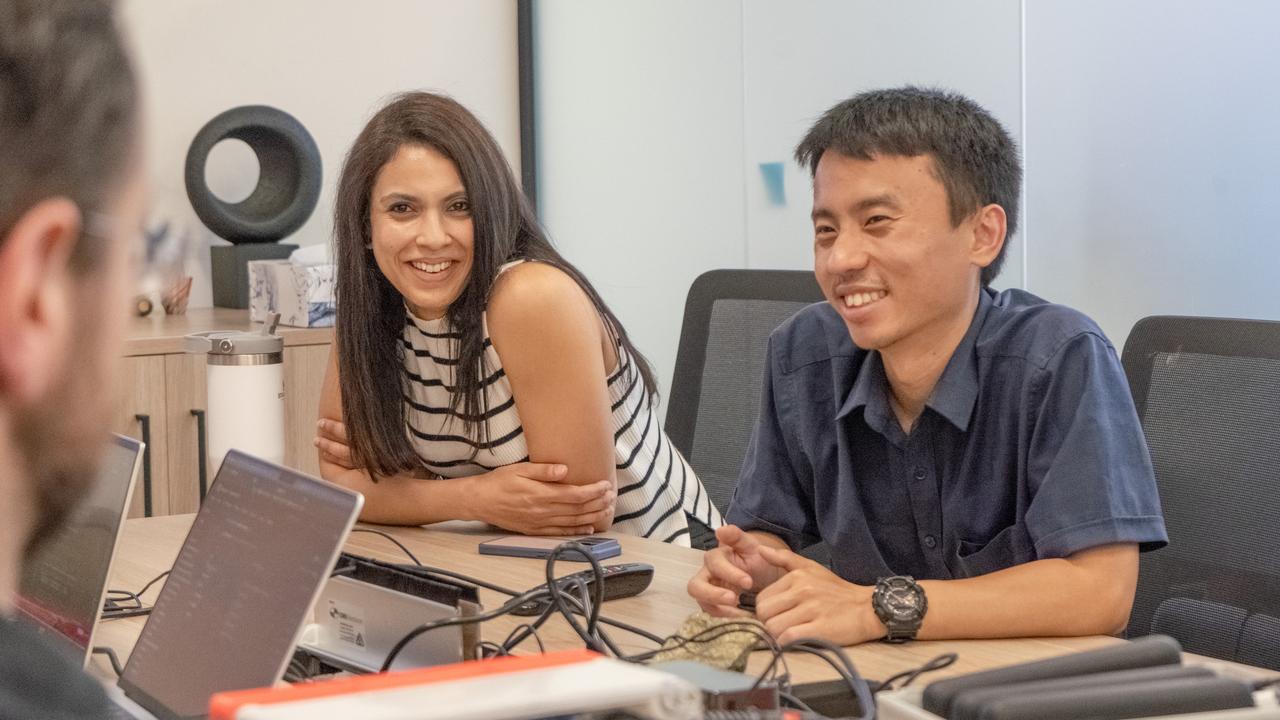Academics say teaching during Covid is as tough as they feared
The pandemic increased stress, damaged health and ruined work/life balance for academics, a newly published survey has found.

The pandemic has increased stress, damaged health and ruined work/life balance for university academics, a newly published survey has found.
The paper, “This can’t be the new norm: academics’ perspectives on the Covid-19 crisis for the Australian University Sector”, published in the journal Higher Education Research and Development, shows staff autonomy, competence and sense of belonging were casualties of both the pandemic itself and university responses to it.
Of those surveyed, 78 per cent reported work-related stress, 62.4 per cent reported increased student disclosures of health and wellbeing problems and 82.6 per cent reported that the coronavirus had a negative effect on colleagues’ health and wellbeing.
More than three-quarters (77.1 per cent) said work/life balance had deteriorated.
Trust of university administrations had weakened (59.6 per cent). One academic said staff were so desperate to keep their jobs “that they are too scared to say ‘no’ to the staggering increase in workload that wholly online learning brings”.
The survey of 370 academics ran for two months from June last year and sampled their responses at an early stage of the pandemic.
“They’d had a bit of an experience of Covid and the changes that it was causing in terms of their work and the impact on their wellbeing, but in hindsight that was fairly early days,” said lead author and University of Western Australia law lecturer Fiona McGaughey.
“So I suspect if the survey was repeated today it would probably have more severe findings.”
As the pandemic went on, the worst fears of academics were realised: the trauma of the pivot to online teaching, increased casualisation, redundancies, course closures and amalgamations.
Dr McGaughey said there had been a strong theme in the research “that this kind of perfect storm had been created in Australia where we were already in this very market-based sector,” she said.
“We were, as a result of that, reliant to varying degrees on international students and already under pressure in terms of bringing in money. When Covid hit, suddenly we started to see the financial implications of that in terms of our international student market.”
The survey also identified some positive results from the pandemic, including increased collegiality.
“That’s certainly something that I saw in my workplace, people were incredibly supportive of each other,” Dr McGaughey said.
“But there was this really strong scepticism about university leadership and the agenda that they were going to pursue as a result of Covid, that it would give them an excuse to rationalise.”
A lot of people felt they developed useful teaching skills. “It gave us a nudge to do more in the online teaching space. It was a sign of a lot of resilience among the academics,” she said.
The Australian data was part of an international study also conducted in the UK, South Africa, Hong Kong, India and Ireland. Study leader Richard Watermeyer of the University of Bristol said the world’s academics had taken on remote working “at significant cost to both professional and personal lives, yet with little to no acknowledgment or compensation”.




To join the conversation, please log in. Don't have an account? Register
Join the conversation, you are commenting as Logout